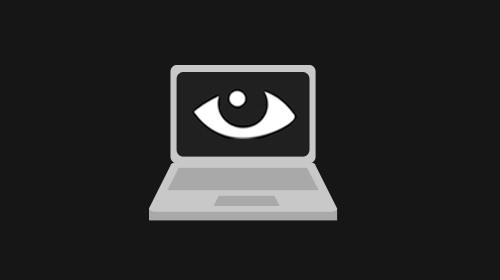
Twitter has filed a motion in state court in New York seeking to quash a court order requiring it to turn over information about one of its users and his communications on Twitter. This particular case involves a Twitter user, Malcolm Harris, who is being prosecuted by the District Attorney’s Office in Manhattan for disorderly conduct in connection with the Occupy Wall Street protest that occurred on the Brooklyn Bridge last year.
This is a big deal. Law enforcement agencies—both the federal government and state and city entities—are becoming increasingly aggressive in their attempts to obtain information about what people are doing on the Internet. And while the individual Internet users can try to defend their rights in the rare circumstances in which they find out about the requests before their information is turned over, that may not be enough. Indeed, even though Twitter provided notice to the Twitter user in this particular case, and even though he was able to get an attorney to file a motion seeking to quash the subpoena, the court found that the Twitter user did not have legal “standing” to challenge the D.A.’s subpoena.
If Internet users cannot protect their own constitutional rights, the only hope is that Internet companies do so.
The Internet is an amazing way for people to communicate with anyone they want to, whenever they want to, on whatever subject they want to discuss—all (mostly) for free. It is, in some ways, the ultimate embodiment of the First Amendment. But one potential problem for free speech on the Internet is that, for almost all of us, we need to rely on Internet companies. And while the government is bound by the First Amendment, the First Amendment may not always prevent private companies from restricting our free speech rights.
That is why it is so important to encourage those companies that we all increasingly rely on to do what they can to protect their customers’ free speech and privacy rights. And that is why it is so important that the public—and other companies—know when a company actually stands up for its users’ rights.
Twitter did so here, and Twitter should be applauded for that. We hope that other companies will do the same thing. Our free speech rights may depend on it.



